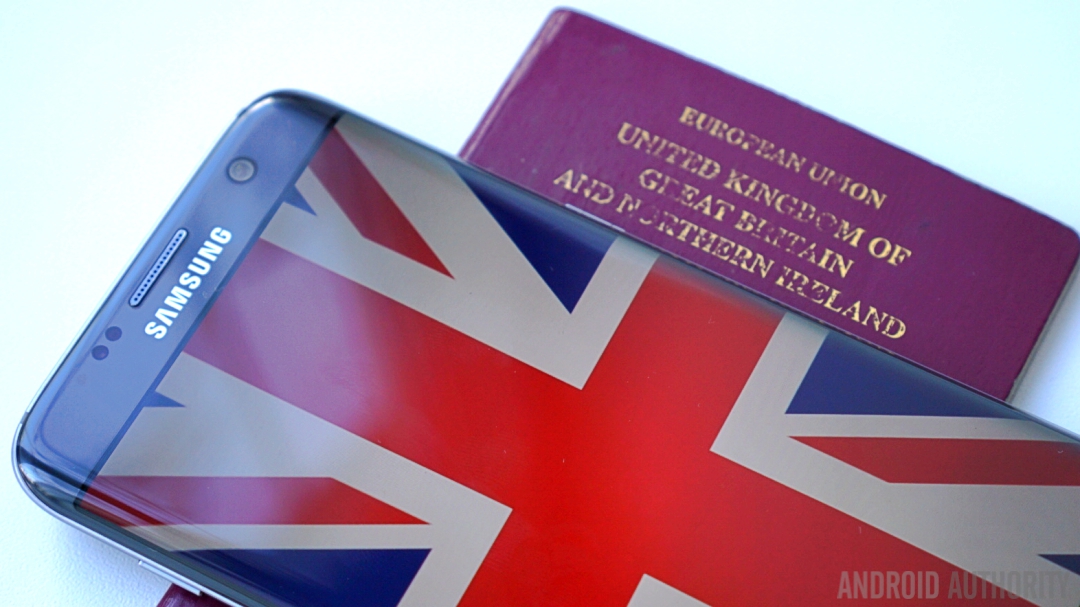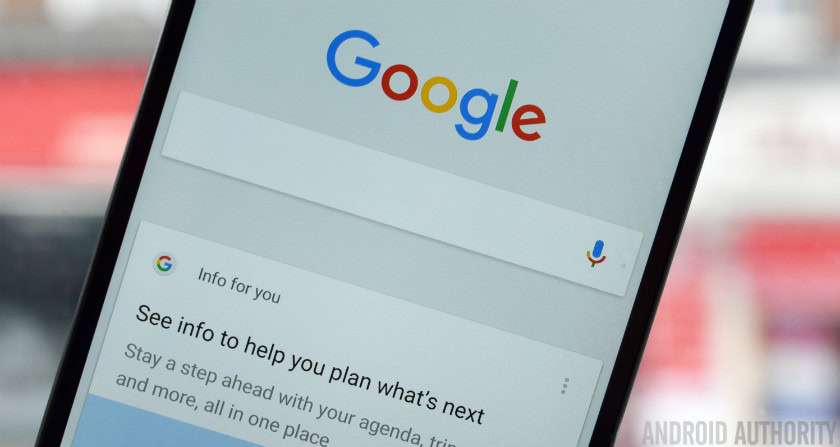Affiliate links on Android Authority may earn us a commission. Learn more.
UK government and media pull ads from YouTube over extremist videos

The UK government as well as popular UK media such as The Guardian and the BBC have removed their ads from YouTube amidst concerns that they are appearing next to extremist videos.

American tech companies are facing tight scrutiny in Europe over their ineffective regulation of hateful and inappropriate content online, and Google is no exception. The UK government has decided to remove its ads altogether from YouTube over concerns that they were appearing right next to extremist videos promoting inappropriate and often violent behavior.
The Cabinet Office wants to make sure that YouTube and its owner Google take responsibility and display its messages in a “safe and appropriate way” in the future:
Google is responsible for ensuring the high standards applied to government advertising are adhered to and that adverts do not appear alongside inappropriate content. We have placed a temporary restriction on our YouTube advertising pending reassurances from Google that government messages can be delivered in a safe and appropriate way.
In addition to the government, major UK media corporations have also followed suit, including The Guardian, Channel 4, and the BBC. The Guardian withdrew all advertising from Google and YouTube after one of its promotions was placed next to videos of American white nationalists, a hate preacher banned from the UK, and a controversial Islamist extremist preacher. Other companies cite similar cases where their content was displayed alongside hateful and inappropriate material.
Other companies cite similar cases where their content was displayed alongside hateful and inappropriate material.
Google has reassured that it would review its controls and that it was committed to doing better:
We have strict guidelines that define where Google ads should appear. In the vast majority of cases, our policies work as intended, protecting users and advertisers from harmful or inappropriate content. We accept that we don’t always get it right and that sometimes, ads appear where they should not…We will make changes to our policies and brand controls for advertisers.
However, UK MPs don’t seem satisfied with Google’s simple sorry-we-messed-up rhetoric. They have summoned Google for talks in the UK to demand higher standards. Given the fact that companies like Google make billions each year, it seems logical to demand better policing so that they don’t promulgate of hateful extremist content or fake news.